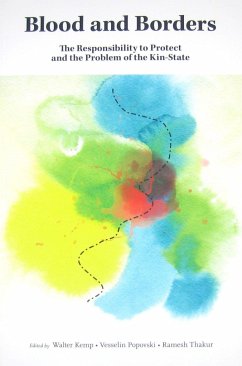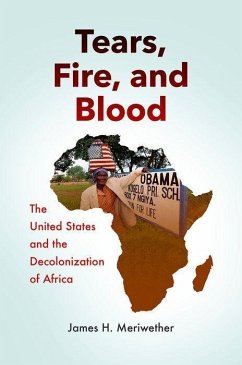Map lines delineating statehood can become blurred by bloodlines of nationhood. Interethnic conflict and genocide have demonstrated the dangers of failing to protect people targeted by fellow citizens. When minority groups in one country are targeted for killings or ethnic cleansing based on their group identity, whose responsibility is it to protect them? In particular, are they owed any protective responsibility by their kin-state? How can cross-border kinship ties strengthen greater pan-national identity without challenging territorially defined national security? As shown by the Russia-Georgia conflict over South Ossetia, unilateral intervention by a kin-state can lead to conflict within and between states. The world cannot stand by when minority rights are being trampled, but the protection of national minorities should not be used as an excuse to violate state sovereignty and generate interstate conflict. This book suggests that a sensible answer to the kin-state dilemma might come from the "neither intervention nor indifference" formula that recognizes the special bonds but proscribes armed intervention based on the ties of kinship.
Hinweis: Dieser Artikel kann nur an eine deutsche Lieferadresse ausgeliefert werden.
Hinweis: Dieser Artikel kann nur an eine deutsche Lieferadresse ausgeliefert werden.









